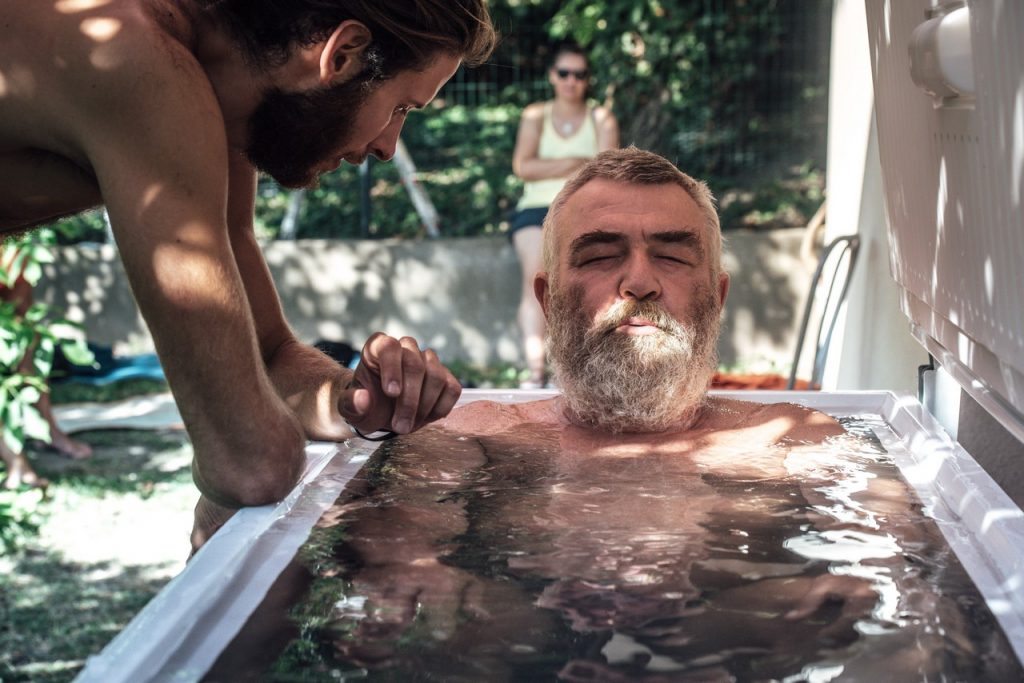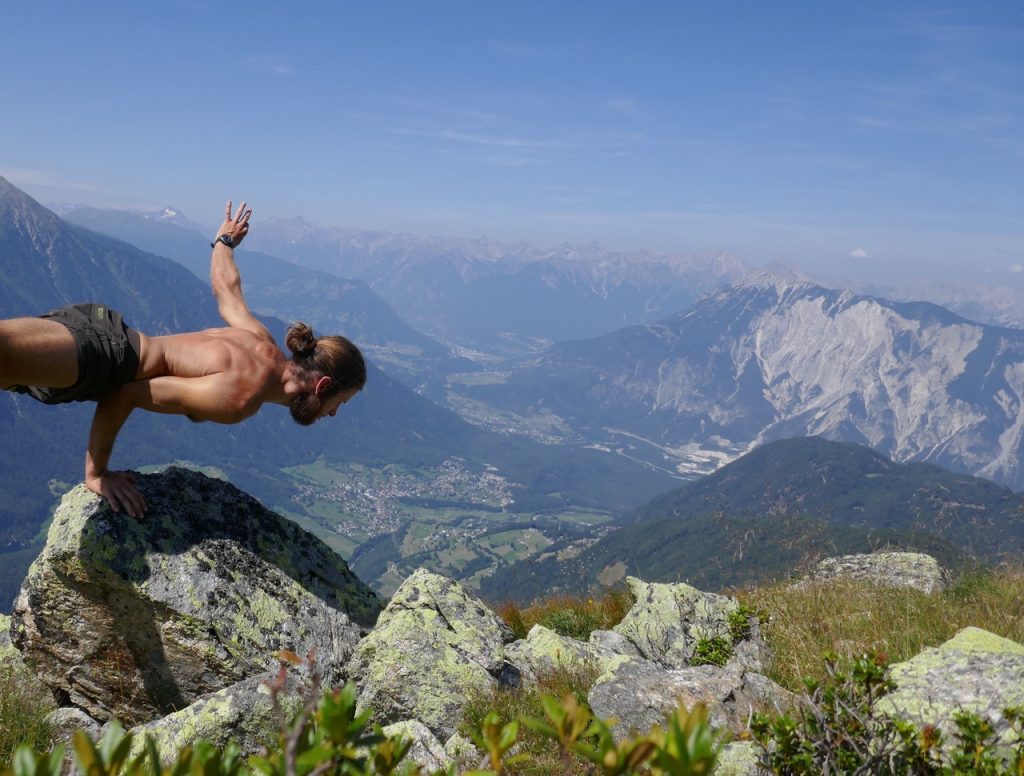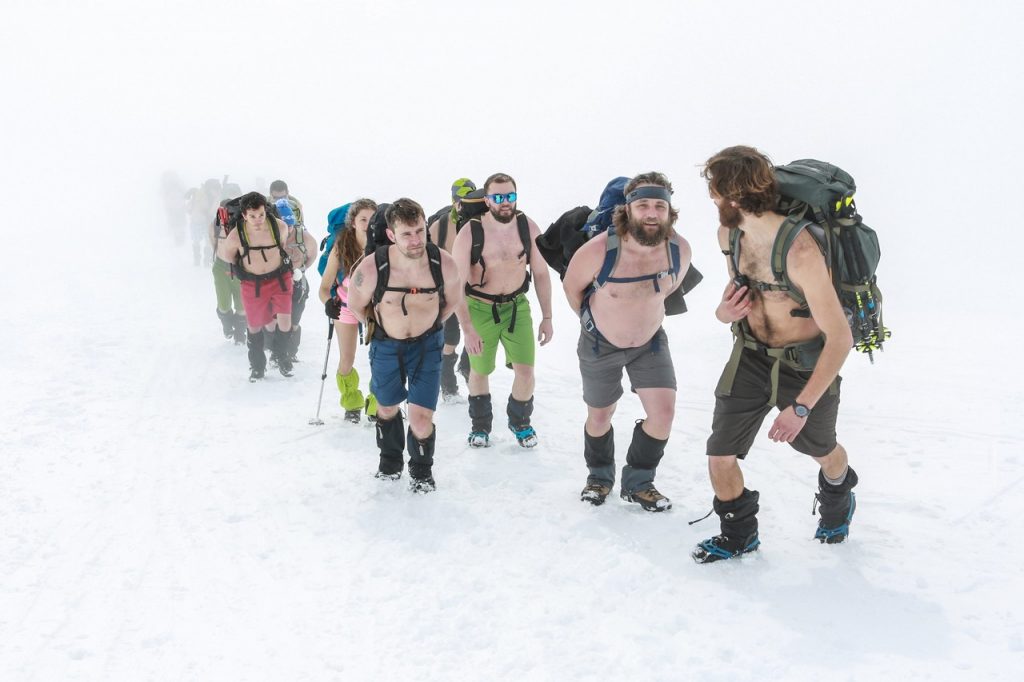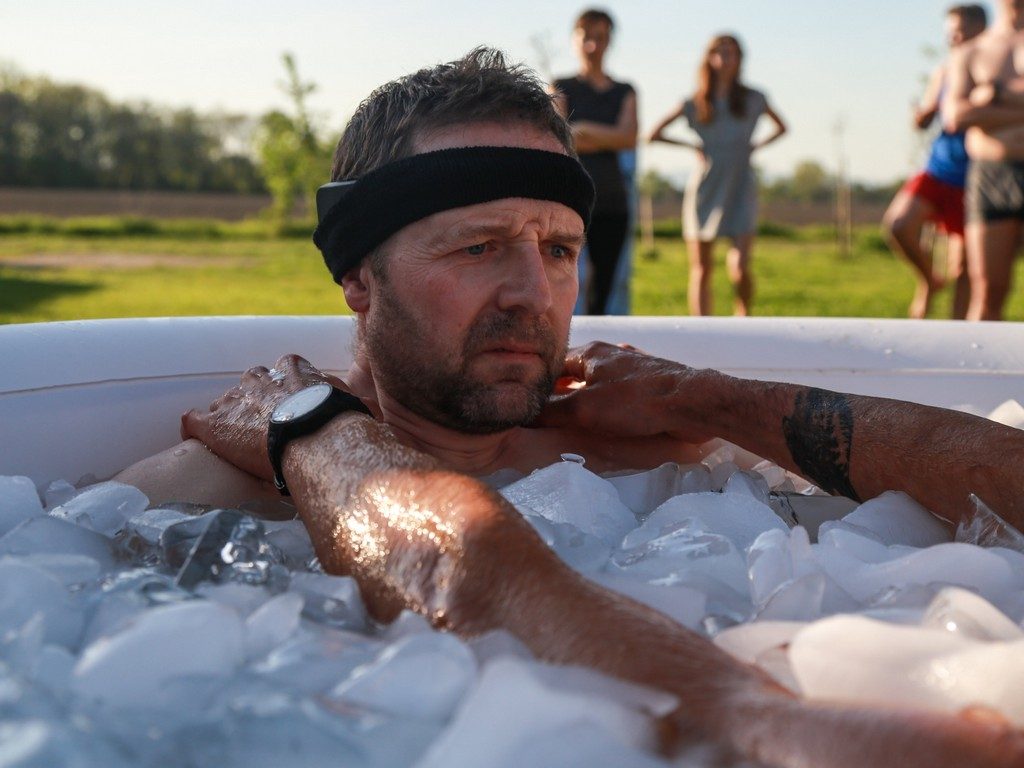Some people might think that concentration is something we are born with or that the most skilful ones can learn at school. It is not so. Concentration (and many of its disorders) is plastic and we can develop it for example like the jogging endurance.
Nowadays we often hear about “time management” rather than concentration management, however the ability to be in control of our time will not help us if we are not able to use it effectively a productively. We can´t influence the flow of the time. A second can´t be longer and we won´t add a 25th hour to our day. There is one thing though we can influence – our concentration. Thanks to it we can do things faster and more effectively and thus gain more time for our day.
The human brain, in particular the prefrontal lobe, is able to remember which of the thing we are doing, or we want to do, is important. As a result, it can be immune to distractions and focus on the one thing we want to focus on. As soon as it stops doing it, the beep of our mobile phone will start disturbing us, the sweater will be itching, we will get distracted by our colleague tapping with his pen on the table or the bird, which is flying outside. Does it matter then whether we work in this state for three hours or eight?

Solution is in training
Kasper van der Meulen, the author of the book that this article is to a great extent inspired by, has been identified as a student with ADHD disorder. A few years after his diagnosis he wrote a book. In one month! And he became a teacher of chemistry and biology. And right after that the Wim Hof method instructor. He trained his concentration and approached the training as systematically as if he wanted to run a marathon. He started gradually with a “short distance” concentration and worked on techniques that helped him improve and refine it.
Try to split the activity you need to concentrate on, into 20 – 25-minute intervals with a 5-minute pause after each one. Walk, make tea, get some fresh air, do 10 push-ups… Even after a sprint, you need to relax for a while so you can start again. Our brain works just like muscles and needs a moment to relax to work well again. The solution of the lack of concentration is not just “interval training”. You can work on improving your concentration also by following these tips:
The brain is not designed for multitasking
It can concentrate fully on just one thing at a time. Multitasking is a quick switching from one thing to another. However, we devote our full attention to none of them because we have to switch between them very quickly. If we do this in the long term, our brain loses the ability to distinguish between what is really important and it will pay the same (inadequate) attention to everything we do. We will weaken the “filter” that can distinguish between what deserves our attention and what could easily be displaced. Such approach worsens memory features and can even reduce IQ.
We should work during our most productive hours
If our job permits us, we should find out when we can best focus on what we need to do. It may be at six o’clock in the morning, at ten or at three right after lunch as well as at seven o’clock in the evening. We can dedicate those parts of the day when our concentration is the worst to activities that do not require maximum attention. If we work long after our brain is no longer in the productive zone, it will get lazy. It will work longer, but slower and with less concentration. It is likely that if we learn to find out when we are the most productive, we will do what we need faster thanks to being concentrated and we will get more free time.
Concentration can be supported by regular “rituals”
Morning cold shower, jogging, meditation, breathing exercise, good coffee, inspirational music or a TED lecture… All of this can kick us off and get to the desired high concentration.
How does your workplace look like?
Isn’t it full of disturbing elements? Redesign the place where you want to concentrate so that nothing disturbs you. Your brain will then start to consider it as a zone of maximum concentration, and you will find it easier to concentrate here than in other places.

Breaks are important
The longer we must remain concentrated, the more breaks we should do. Without a break the brain gets tired and begins to look for something in its surroundings that will rescue it from the load – it comes to our mind that we wanted to look for a certain song for a long time, peek at an e-shop, or that we should fold the laundry… The brain needs a rest to start up again.
Information diet
There are so many options, and every one of us wants to be informed as much as possible. But is it really that important? Everything we read in the paper, computer, billboards, social media or in emails, consumes our attention. Let’s try to set aside the time when we’re going to do all of this, and let’s not waste the whole day checking what’s available. It takes away the concentration we need elsewhere. Let’s get on a digital diet and filter beforehand what we want to pay attention to and what distracts us.
Why is concentration so important for Wim Hof method? Can the method improve it?
Martin Thám, WHM instructor:
When resting, our body breathes normally, i.e. autonomously. We do not need to concentrate on breathing. To start breathing exercises, you must start to concentrate on breathing. When I watch people during this exercise, I notice when they lose concentration. It can be seen because when you begin to breathe gently during conscious deep breathing, you´ve stopped concentrating. The body then began to breathe autonomously again.
This example shows that one must be concentrated to do the breathing exercise. But the difference is that in this exercise I lead people to concentrate in a relaxed way. I see the difference between tense concentration that requires great effort and relaxed concentration, which requires a minimum of effort. Tense concentration is exhausting and stressful, the mind’s vigilance decreases, and the body gets in tension which is often projected in raised shoulders or a frowning face. This is often quite a new thing for people. Relaxed concentration with minimum effort is a new dimension for most participants.
If I regularly do the exercise that requires concentration, but which is at the same time relaxing and calming my mind, it leads to improved ability to focus on one object or activity, in this case to breathing. When people begin to apply the ability to relax in other areas of life, they are pleasantly surprised.

Concentration in cold
There are two basic options for cold exposure in this method: cold water and cold air. Water takes heat from the body at least 25 times faster so it cools it more intensely and faster than air.
Cold and concentration? The basic prerequisite to be able to relax in cold and accept it, is the ability to concentrate. What does it mean in practice? When you get into the icy water, the state of mind changes as the body switches to a different mode. With the mind modes we have set, we often react with panic and tension. The result is shallow breathing and therefore rapid body cooling, which can lead to escape from water. On the other hand, everything changes if we start concentrating on breathing in cold water, accept the situation when we inhale and relax the body when we exhale. Shock from the cold recedes, we get a sense of self-confidence and, we can control the body. At this point, we gain balance and ability to stay safe in cold water for a longer period of time or get out of it safely.
We practice cold air exposure during stays which include hiking in winter land wearing only shorts. In this case the concentration is clearly visible. When you stop focusing on breathing and walking, you begin to feel cold and restless. As soon as you get your concentration back with the tools we´ve learned before “cold” hiking, you will no longer feel the cold and get well. This way we have a direct feedback on our concentration and the cold reminds us when we lose it. This is a great concentration training because good concentration is a top priority for everyone who is lightly dressed in the winter.
Relaxed concentration is crucial when practising Wim Hof method as well as it is for any other meditation. These exercises lead us naturally to concentration which improves with practice.
Martin Thám
Source: Kasper van der Meulen, Mindlift




